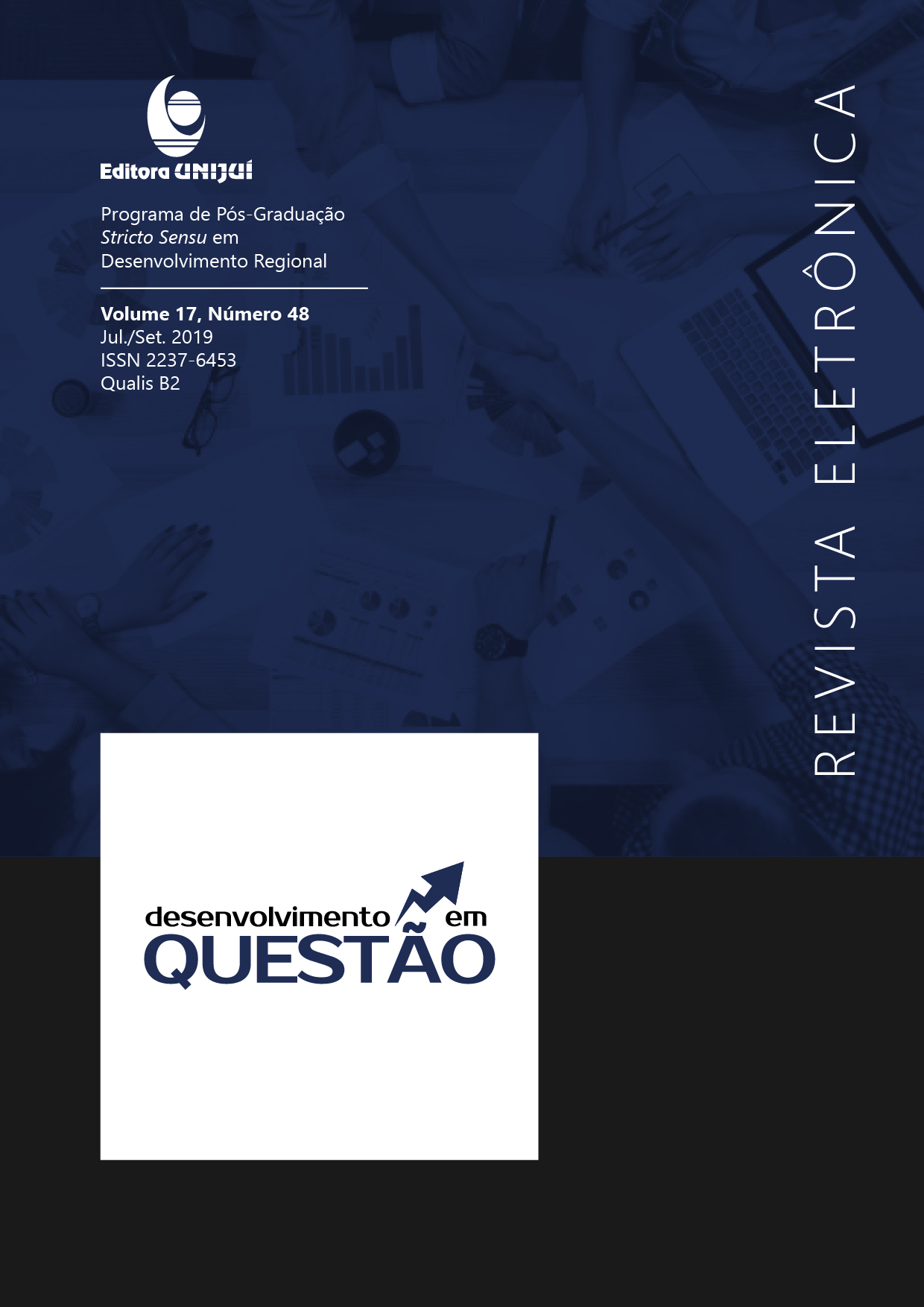Analysis of Social Technologies in the Light of Actor-Network Theory: the case of sociotechnical associations of pedagogy of alternation
DOI:
https://doi.org/10.21527/2237-6453.2019.48.231-249Keywords:
Tecnologia Social, Pedagogia da Alternância, Teoria do Ator-Rede, Gestão.Abstract
Social Technologies such as the pedagogy of alternation have been considered strategic initiatives for the dynamization of public policies. One of the biggest challenges, however, has been the survival and expansion of these technologies to other spaces and contexts. In this sense, the present work aimed to analyze how the pedagogy of alternation was consolidated in the locality in which it emerged and became a social technology recognized as generating social transformations. Theoretically, the Actor-Network Theory was adopted. The methodological procedures were based on secondary sources of documentary data and interviews, and the data analysis was performed through the translation concept. As a result, it was found that the Pedagogy of Alternation was initially a process negotiated by many actors with different objectives and diverse interests. The participation of families, the support of the Catholic Church and the State Government and a set of inscriptions, including non-human actors, defined the possibilities of both local execution and its expansion to other regions and countries.
Downloads
Published
How to Cite
Issue
Section
License
By publishing in Revista Desenvolvimento em Questão, authors agree to the following terms:
All works are published under the Creative Commons Attribution 4.0 International License (CC BY 4.0), which allows:
Sharing — to copy and redistribute the material in any medium or format;
Adaptation — to remix, transform, and build upon the material for any purpose, even commercially.
These permissions are irrevocable, provided that the following terms are respected:
Attribution — authors must be properly credited, a link to the license must be provided, and any changes made must be indicated.
No additional restrictions — no legal or technological measures may be applied that legally restrict others from doing anything the license permits.
Notices:
The license does not apply to elements that are in the public domain or covered by legal exceptions.
The license does not grant all necessary rights for specific uses (e.g., image rights, privacy, or moral rights).
The journal is not responsible for the opinions expressed in the articles, which are the sole responsibility of the authors. The Editor, with the support of the Editorial Board, reserves the right to suggest or request modifications when necessary.
Only original scientific articles presenting research results of interest that have not been previously published or simultaneously submitted to another journal with the same purpose will be accepted.
Mentions of trademarks or specific products are intended solely for identification purposes and do not imply any promotional relationship by the authors or the journal.
License Agreement (for articles published from 2025 onward): Authors retain the copyright to their article and grant Revista Desenvolvimento em Questão the right of first publication.











